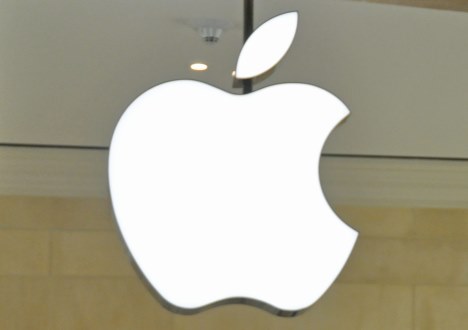
The judge denied the Justice Department’s proposal to that would have regulated the way Apple conducted business in the App Store, provided that Apple promise not to attempt to circumvent sanctions on the iBookstore. The Justice Department wanted a five-year ban on entering new contracts to sell e-books and the termination of Apple’s existing contracts with five publishers. The DoJ and Apple agreed in Tuesday’s hearing to allow the company to modify rather than terminate the deals with the publishers.
The court also rejected a DoJ proposal to appoint a monitor on Apple’s activities for a period of five years. The judge set the time period to two years and scaled back the monitor’s activities to include mainly antitrust policy and training.
And in a defeat for competitive book sellers like Amazon.com Inc. (NASDAQ: AMZN) and Barnes & Noble Inc. (NYSE: BKS), the judge rejected a proposal that would have forced Apple to offer links to competitors online stores for in-app purchases without paying a commission to Apple.
The dispute centered on the agreement Apple struck with several publishers to sell e-books at a price set by the publisher and from which Apple would take a 30% cut. This so-called agency model was opposed by retailers like Amazon, which followed a wholesale model where it purchased e-books and then resold them at any price Amazon chose. The publishers hated the model, claiming it devalued their intellectual property.
Tuesday’s ruling may have been a modest victory for Apple, but the impact is significant. In her ruling last month, the judge said, “Without Apple’s orchestration of this conspiracy, it would not have succeeded as it did in the Spring of 2010.” In yesterday’s ruling she indicated that she did not want to punish Apple as much as she wanted to address the anticompetitive behavior in the e-book market. A final ruling is due next week.
Thank you for reading! Have some feedback for us?
Contact the 24/7 Wall St. editorial team.





